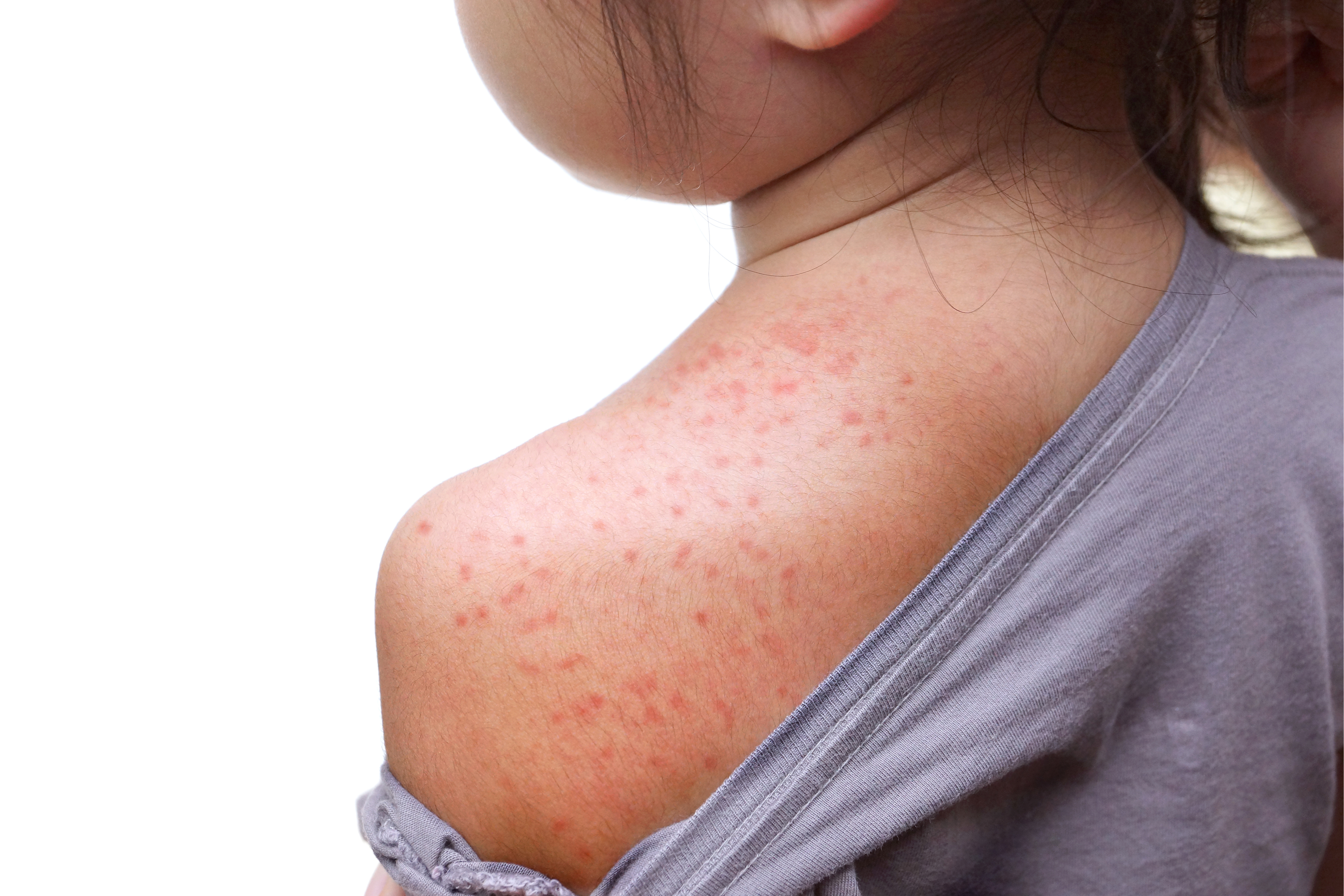Mixed Connective Tissue Disease
Sometimes called “overlap disease,” people with a mixture of symptoms from several different diseases may have what’s known as mixed connective tissue disease.
People with a mixture of signs and symptoms from several different diseases may have mixed connective tissue disease (MCTD). Sometimes MCTD is called overlap disease since it frequently has symptoms from:
Causes
No one knows what causes mixed connective tissue disease, which is an autoimmune disorder. If you have an autoimmune disorder, rather than fighting disease and infections, your immune system attacks healthy cells. While some people with MCTD have a family history of the disease, no one is sure the exact role played by genetics.
Symptoms
Symptoms of the separate diseases usually occur over time rather than all at once. Early signs often involve the hands and symptoms include:
- Puffy, swollen fingers.
- White, numb fingertips – often in response to the cold.
- Fatigue and feeling of being unwell.
- Muscle and joint pain.
- A red or reddish-brown patch on your knuckles.
Health Effects
In the later stages of the disease, the heart, lungs, kidneys or other organs may be affected.
Complications may include:
- High blood pressure in the lungs.
- Lung disease.
- Heart disease.
- Kidney damage.
- Digestive tract damage.
- Anemia.
- Tissue death.
Diagnosis
Diagnosing MCTD can be difficult because the symptoms of the three diseases usually occur one after another over an extended period. Your doctor will likely check for swollen hands and joints and perform a blood test. The blood test may reveal a certain antibody in the blood that forms in response to the presence of mixed connective tissue disease.
Treatment
Treatment for MCTD depends on which organs are involved and how severe the disease is. Some people need continuous treatment, while others need it only when their symptoms get worse (called flares).
Treatment may include:
- Corticosteroids to reduce inflammation and prevent your immune system from attacking your healthy cells.
- Immunosuppressive drugs that to helps block the immune system and its attack on healthy tissue.
- Other medications to treat or reduce the risk of certain complications of the disease.
Self Care
MCTD is a serious condition that will likely require prescription drugs, but self-care steps can help to control symptoms, that include:
- Taking nonsteroidal anti-inflammatory drugs (NSAIDs) to relieve mild pain and inflammation; these medications include ibuprofen (Advil, Motrin IB, others) and naproxen sodium (Aleve).
- Protecting hands from the cold.
- Stop smoking, as smoking causes blood vessels to narrow.
- Reducing stress and using relaxation techniques.

Stay in the Know. Live in the Yes.
Get involved with the arthritis community. Tell us a little about yourself and, based on your interests, you’ll receive emails packed with the latest information and resources to live your best life and connect with others.


